Share
As discussions surrounding gun safety, community security, and the role of police chiefs and sheriffs continue, one point is clear—the right to carry comes with an even more important duty to sec...
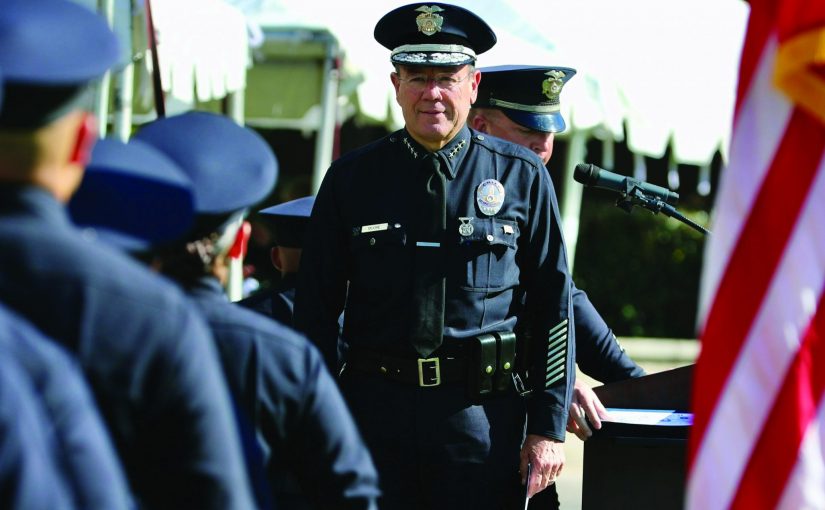
Share
While studies on the impact of police training are few and inconclusive, the existing research and literature generally acknowledges the training is not always consistent with the role officers perfor...
Share
The challenge of bringing about substantial organizational change in policing extends beyond reform. Police chiefs are tasked with guiding their agencies through various dynamics, including shifts in ...
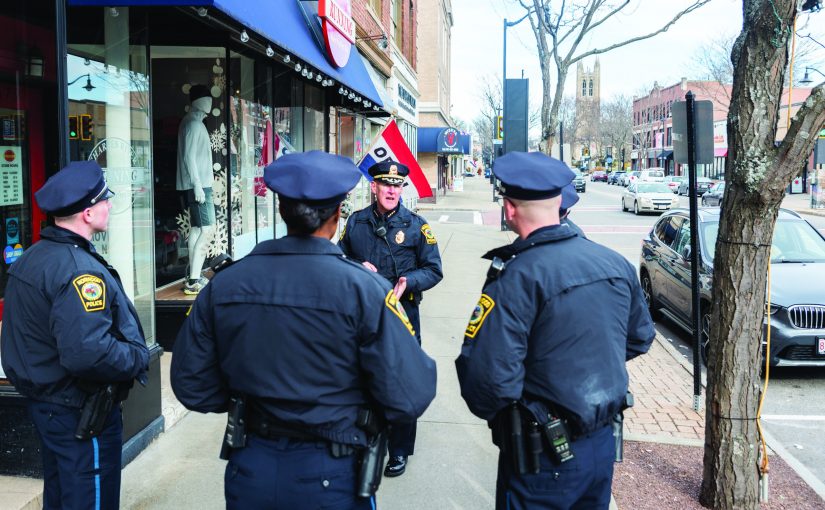
Share
A strong and positive organizational culture is essential for effective police service. The IACP Police Professional Standards, Ethics, and Image Committee (PPSEI) recognizes this critical need and ha...
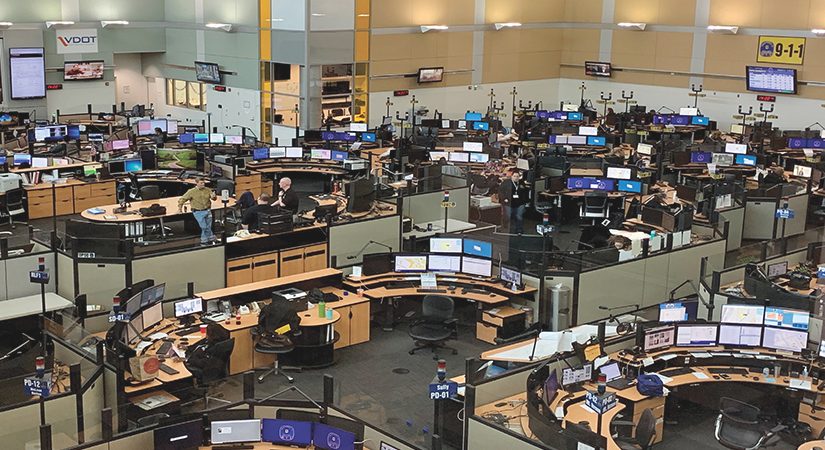
Share
In recent years, officer wellness has become a pivotal focus within agencies worldwide. Programs designed to support mental health, physical health, and overall well-being are essential, given the hig...
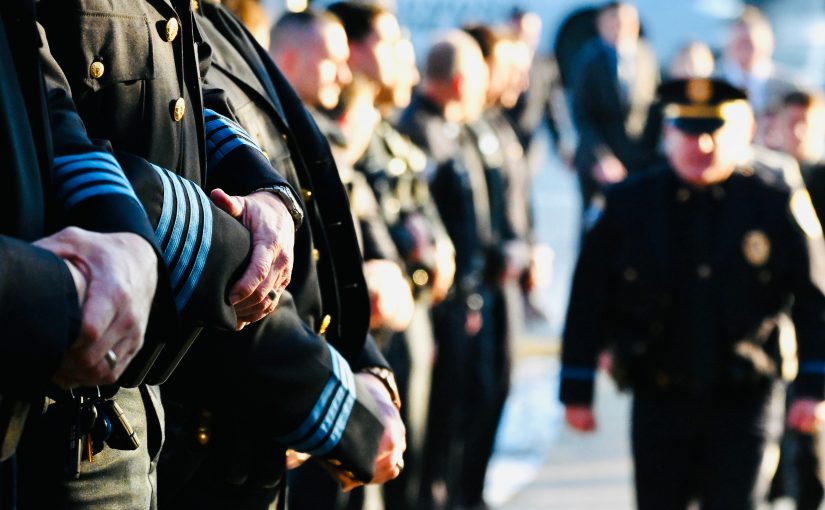
Share
Civilian police employees have played a significant role in policing for decades.1 According to the Bureau of Justice Statistics, in 2018, civilians accounted for 35 percent of the 1,214,000 employees...

Share
In today’s rapidly evolving policing landscape, the effectiveness of a police department increasingly hinges on its ability to manage a broad array of administrative responsibilities, from advanced ...
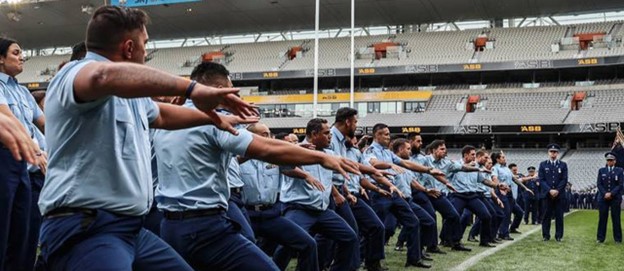
Share
Honor, a term deeply ingrained in policing, is a multifaceted concept. It resonates in the mission statements of numerous police departments and is instilled from the start of a police officer’s car...



